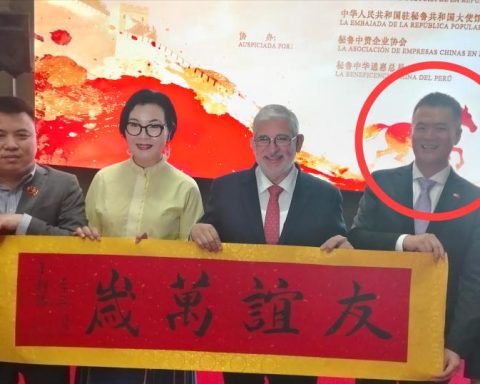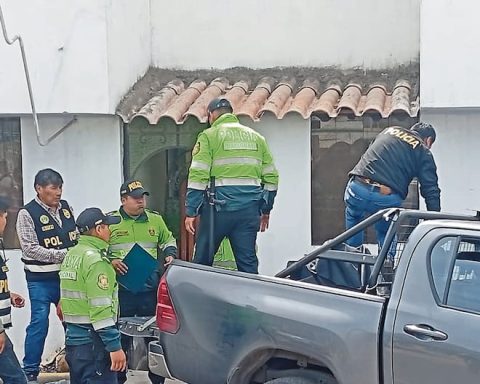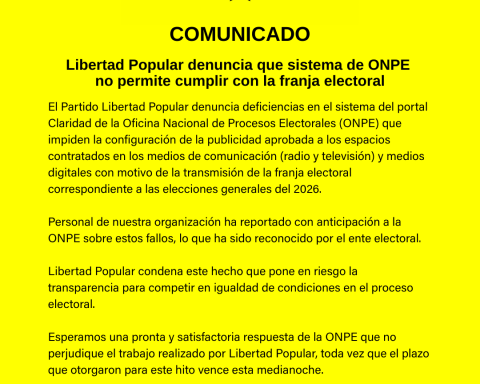By Gustavo Daza, Vice President Commercial Markets for Latin America and the Caribbean at Motorola Solutions
the war between Russia and Ukraine –with all its devastating effects– has an economic derivative that is expressed in multiple variables. One of them, the increase in the cost of living. This, not necessarily due to the size of the economies involved in the conflict –Russia and Ukrainebetween the two, they are equivalent not only to a tenth of the GDP of the United States, but to their strategic weight in the supply chain.
Both countries are among the main suppliers of raw materials globally. For this reason, the economic sanctions, the closure of borders and the difficulties for the free transit of goods have raised the prices of grains, fertilizers, metals and hydrocarbons to levels that, even before the advance of the Russian forces, on February 24, They were not in anyone’s imagination or projections.
Days after the start of hostilities, copper was around US$5 a pound, the highest price in history; Dutch TTF natural gas reached an all-time high of US$193.19 per MWh; crude followed the same trend, with Brent at US$112.74; the future contract for May of SRW wheat on the Chicago Stock Exchange soared to US$ 10.48 bushel (unit of measure used in the trade of grains, flours and other similar products), the highest price on record, according to Bloomberg. And so, the list could be enlarged by several more lines.
What about all that? That, even assuming the increase in costs –mainly in relation to energy– some Latin American economies will have some room for optimism, as long as they are capable of efficiently and productively hosting the actors that need to substitute energy, food and minerals that are blocked because of the war.
As the Wall Street Journal editorializes, the growing interest in Canadian potash, Brazilian oil, South African platinum, Argentine wheat, sunflower and soybean oil is a reflection of how the conflict is realigning trade flows , with the challenges that this entails.
For this scenario to go from challenge to opportunity, countries clearly need complex logistics chains to function unaltered and safely, and this is where the technological factor bursts in with an increasingly visible force.
Motorola Solutions, with its ecosystem of communication solutions, is positioned as the best technological ally in this matter for complex industries in their crucial objectives of giving continuity to their operations and fitting in all parts of the production chain.
It is time, then, to reimagine what security technology can offer us in terms of efficiency, performance and process quality. Motorola Solutions for Enterprise’s integrated technology ecosystem unifies voice, video, analytics, and software to increase operational security by helping businesses proactively and effectively detect, analyze, communicate, and respond to operational threats and of security.
Without a doubt, technology is a key link so that the companies in the region can be ready to face the less and less foreseeable challenges.















